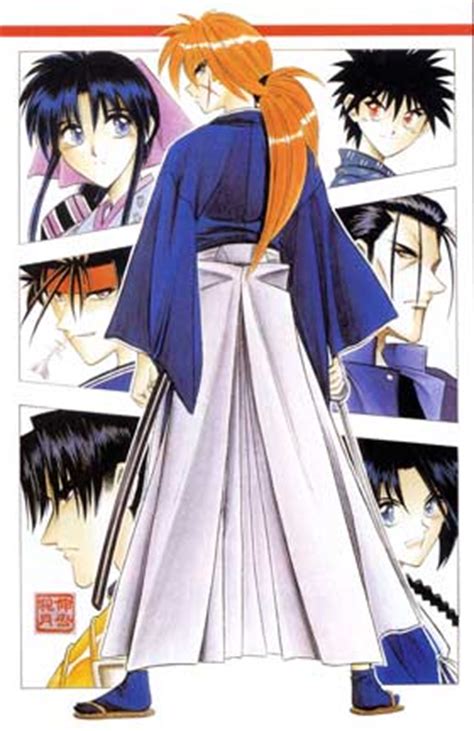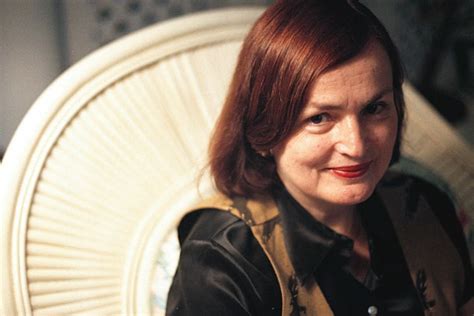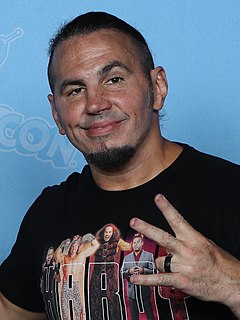A Quote by Rey Mysterio
What I have on my left calf is two skeletons; when you put them together, they form a heart, and it says, 'Love till Death.' That represents me and my wife - 'til death do us part.
Related Quotes
There have been only two taboos in the world: sex and death. It is very strange why sex and death have been the two taboos not to be talked about, to be avoided. They are deeply connected. Sex represents life because all life arises out of sex, and death represents the end. And both have been taboo - don't talk about sex and don't talk about death.
Birth leads to death, death precedes birth. So if you want to see life as it really is, it is rounded on both the sides by death. Death is the beginning and death is again the end, and life is just the illusion in between. You feel alive between two deaths; the passage joining one death to another you call life. Buddha says this is not life. This life is dukkha - misery. This life is death.
Misunderstanding may arise by confusing the Buddhist and scientific definitions of death. Within the scientific system you spoke quite validly of the death of the brain and the death of heart. Different parts of the body can die separately. However, in the Buddhist system, the word death is not used in that way. You'd never speak of the death of a particular part of the body, but rather of the death of an entire person. When people say that a certain person died, we don't ask, "Well, which part died?"
In the face of death, especially violent death, things don't make sense anymore. So death is the dissolution of either physical form or psychological form. And when a form dissolves, always something shines through that had been obscured by the form. This is the formless One Life, the formless One Consciousness.
Kaz came to Switzerland where I was teaching to share with me [Heart Sutra] wondrous insight. There he and I worked on this new translation - with my part being to help render it into a verse form that would be good to chant. Since I have worked with many dying people over the years and often share the Heart Sutra with them, I found this new version that we created together to be so much more accessible to those who were facing death.
Facing death calmly is praiseworthy only if one faces it alone. Death together is no longer death, even for unbelievers. The source of sorrows lies not in leaving life, but in leaving that which gives it meaning. When love is our whole life, what difference is there between living together and dying together ?
Death is the twin of love and mother of us all, she struggles equally for men and women and never accepts differences of caste or class. It's death that quickens us and brings us forth on sheets of love, clasped between sleep and wakefulness and barely breathing for a spell, and thus my death shall be like everybody else's death, as majestic and as pathetic as a king or a beggar's, neither more nor less.

































